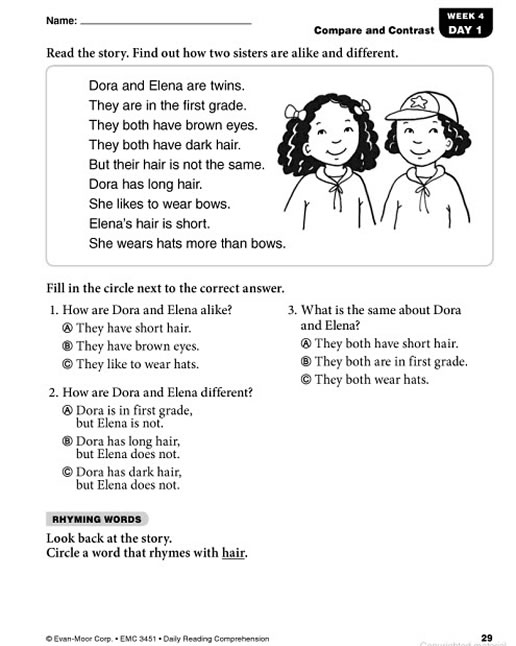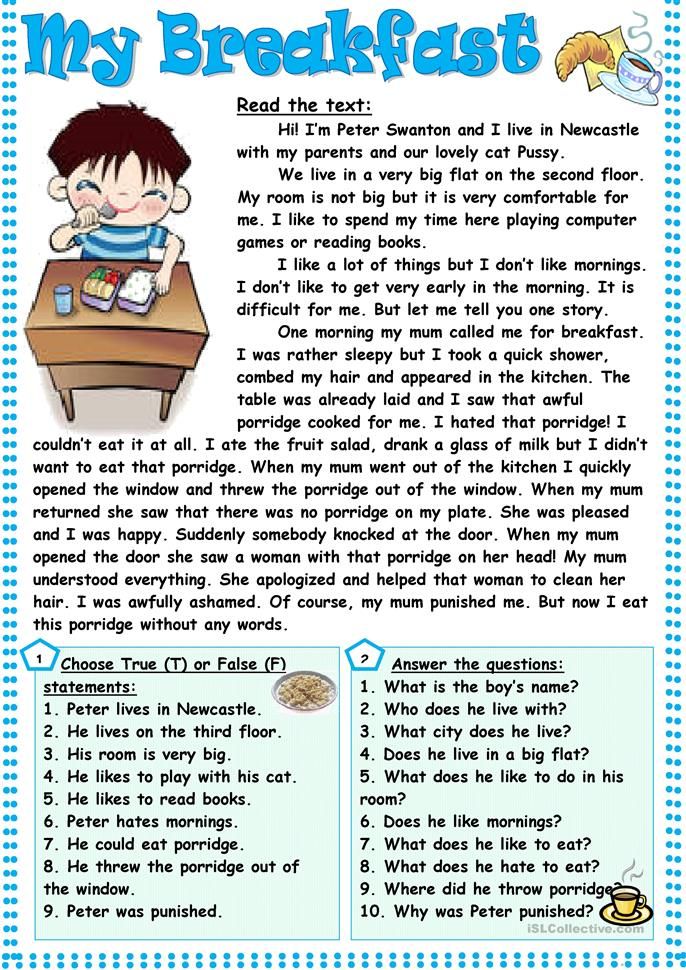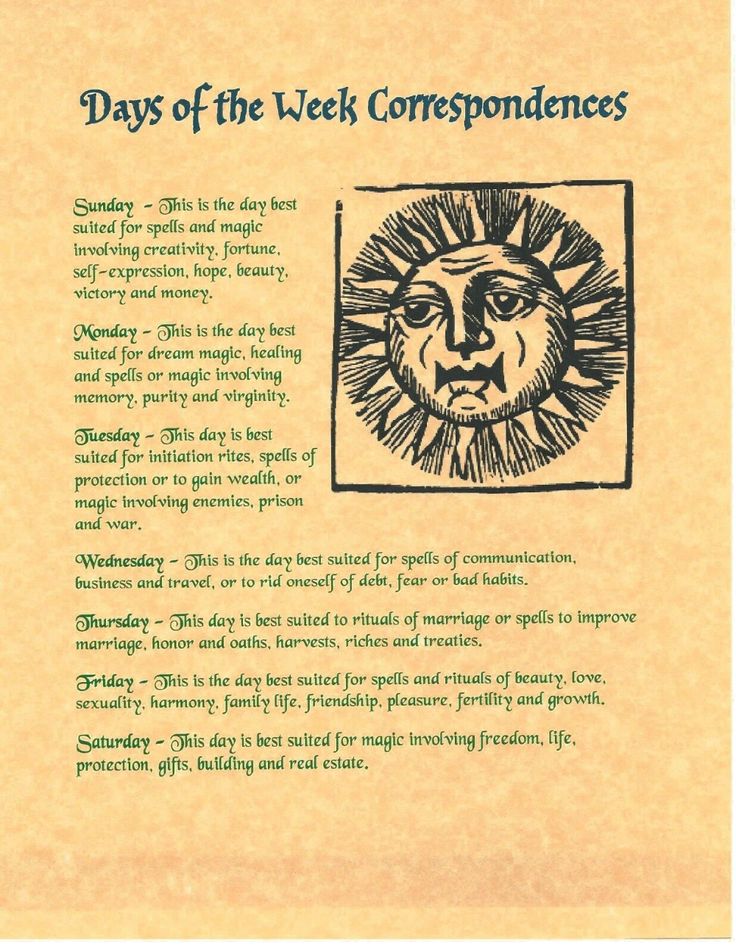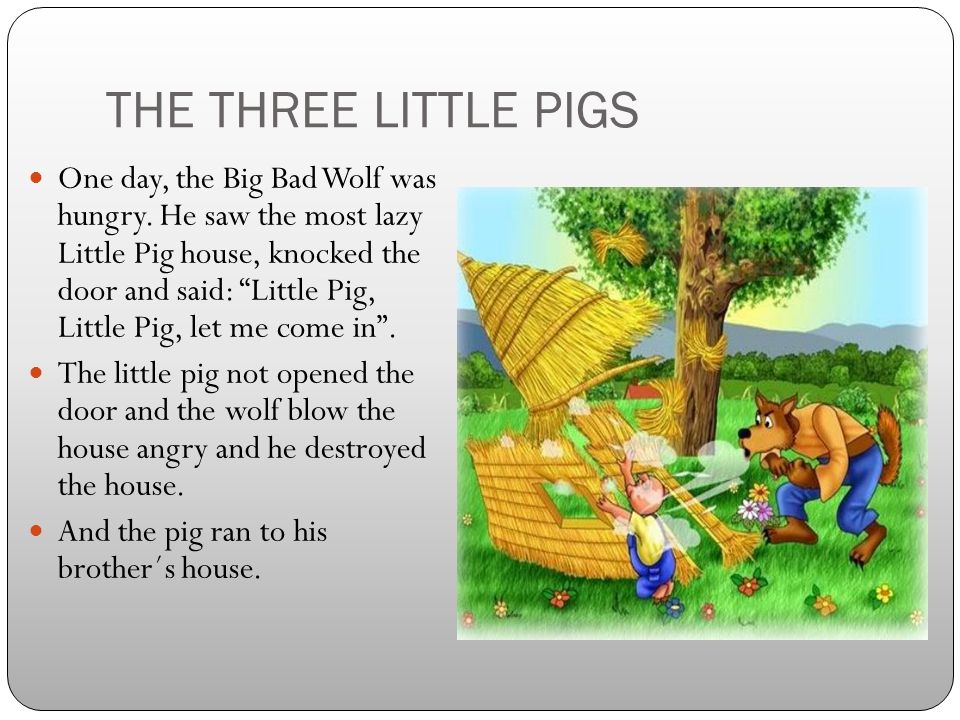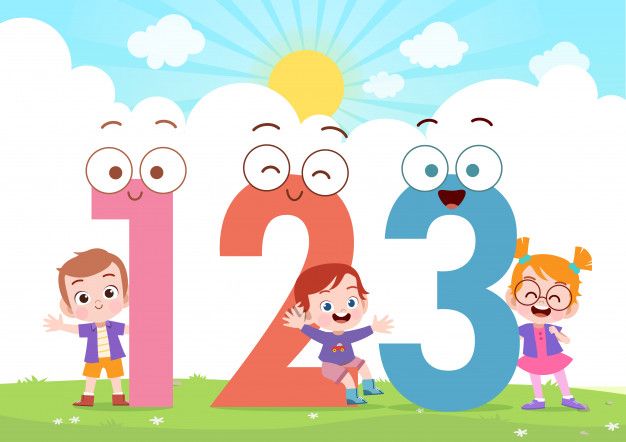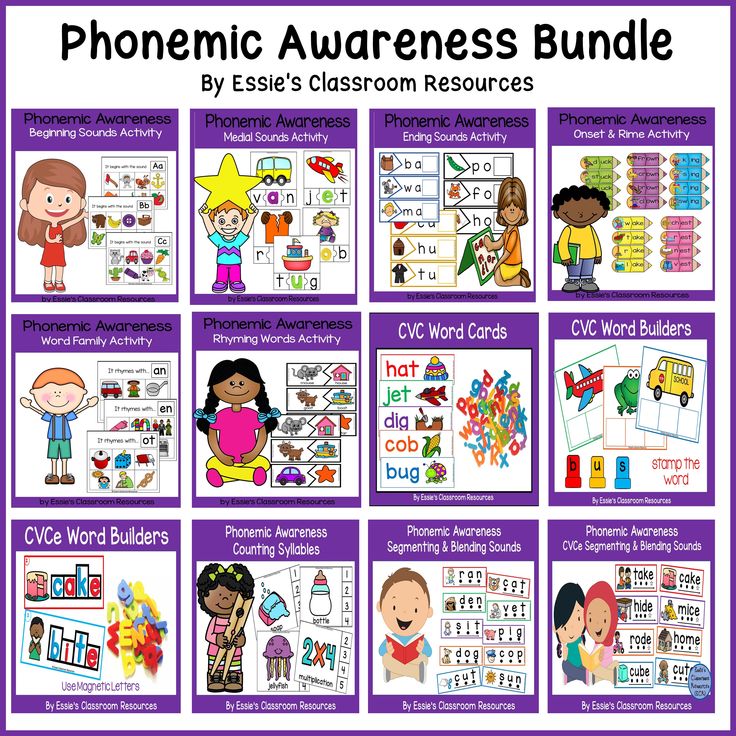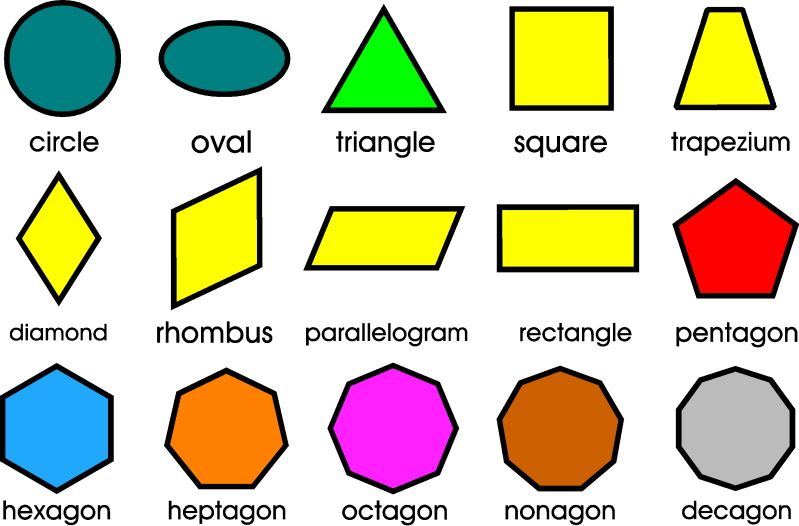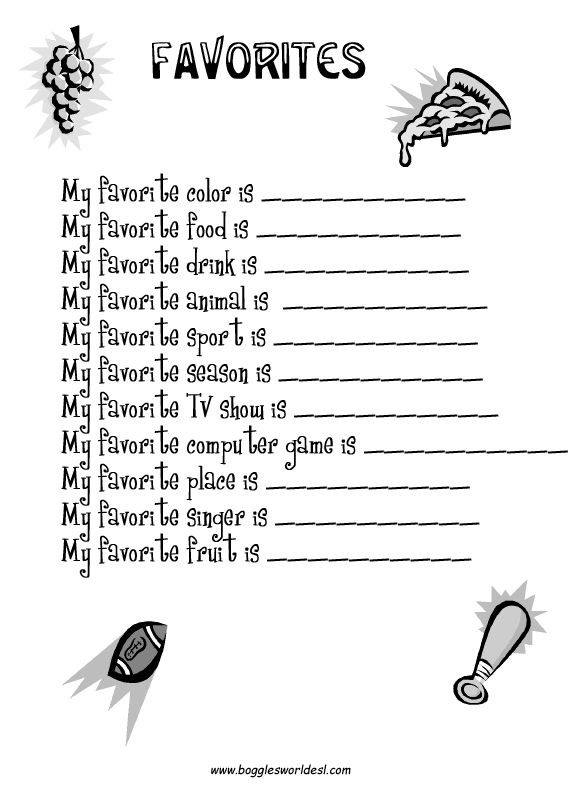Helping first graders read
Reading Tips for Parents of First Graders
By: Reading Rockets
Give your child lots of opportunities to read aloud. Inspire your young reader to practice every day! The tips below offer some fun ways you can help your child become a happy and confident reader. Try a new tip each week. See what works best for your child.
These tips for parents of first graders are also available to download and print:
Don’t leave home without it
Bring along a book or magazine any time your child has to wait, such as at a doctor's office. Always try to fit in reading!
Once is not enough
Encourage your child to re-read favorite books and poems. Re-reading helps kids read more quickly and accurately.
Dig deeper into the story
Ask your child questions about the story you've just read. Say something like, "Why do you think Clifford did that?"
Take control of the television
It's difficult for reading to compete with TV and video games. Encourage reading as a free-time activity.
Be patient
When your child is trying to sound out an unfamiliar word, give him or her time to do so. Remind to child to look closely at the first letter or letters of the word.
Pick books that are at the right level
Help your child pick books that are not too difficult. The aim is to give your child lots of successful reading experiences.
Play word games
Have your child sound out the word as you change it from mat to fat to sat; from sat to sag to sap; and from sap to sip.
I read to you, you read to me
Take turns reading aloud at bedtime. Kids enjoy this special time with their parents.
Gently correct your young reader
When your child makes a mistake, gently point out the letters he or she overlooked or read incorrectly. Many beginning readers will guess wildly at a word based on its first letter.
Talk, talk, talk!
Talk with your child every day about school and things going on around the house.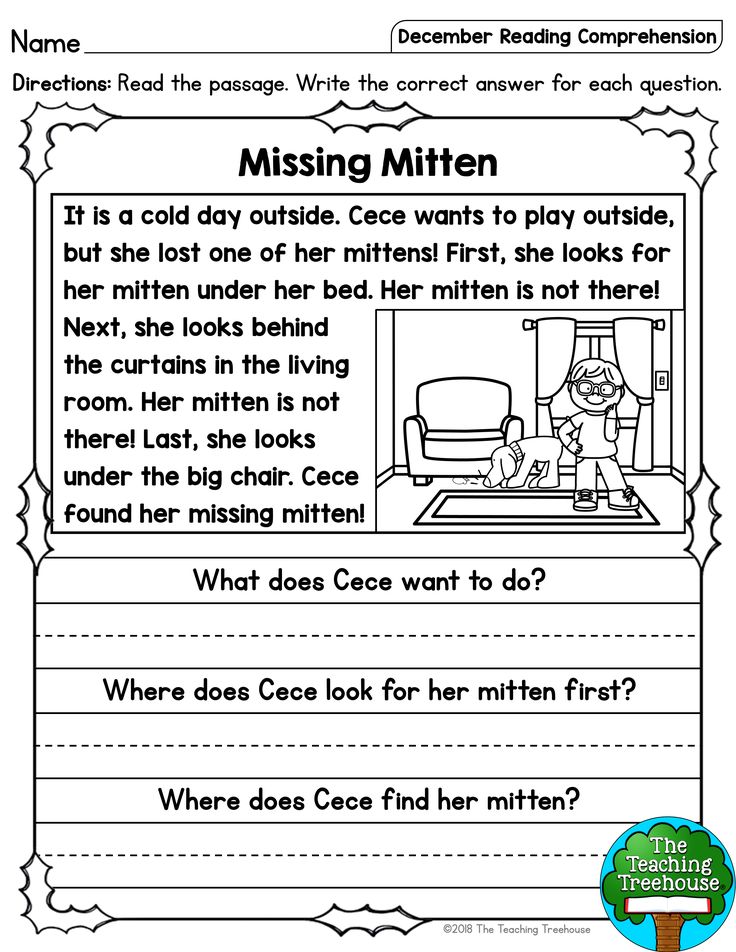 Sprinkle some interesting words into the conversation, and build on words you've talked about in the past.
Sprinkle some interesting words into the conversation, and build on words you've talked about in the past.
Write, write, write!
Ask your child to help you write out the grocery list, a thank you note to Grandma, or to keep a journal of special things that happen at home. When writing, encourage your child to use the letter and sound patterns he is learning at school.
Reading tips in other languages
A downloadable handout, for parents of babies, toddlers, and children in preschool to grade 3, is available in the following languages:
Reading tips for parents of…
Reading Rockets (2021)
Reprints
You are welcome to print copies or republish materials for non-commercial use as long as credit is given to Reading Rockets and the author(s). For commercial use, please contact [email protected]
Related Topics
Background Knowledge
Early Literacy Development
Fluency
Motivation
Oral Language
Phonological and Phonemic Awareness
Reading Aloud
Writing
New and Popular
Print-to-Speech and Speech-to-Print: Mapping Early Literacy
100 Children’s Authors and Illustrators Everyone Should Know
A New Model for Teaching High-Frequency Words
7 Great Ways to Encourage Your Child's Writing
Screening, Diagnosing, and Progress Monitoring for Fluency: The Details
Phonemic Activities for the Preschool or Elementary Classroom
Our Literacy Blogs
Teaching Reading to Students Who Experience Trauma
Kids and educational media
Meet Ali Kamanda and Jorge Redmond, authors of Black Boy, Black Boy: Celebrating the Power of You
Get Widget |
Subscribe
1st Grade Reading Activities For Struggling Readers
First grade is often where your child’s reading foundation is developed thoroughly.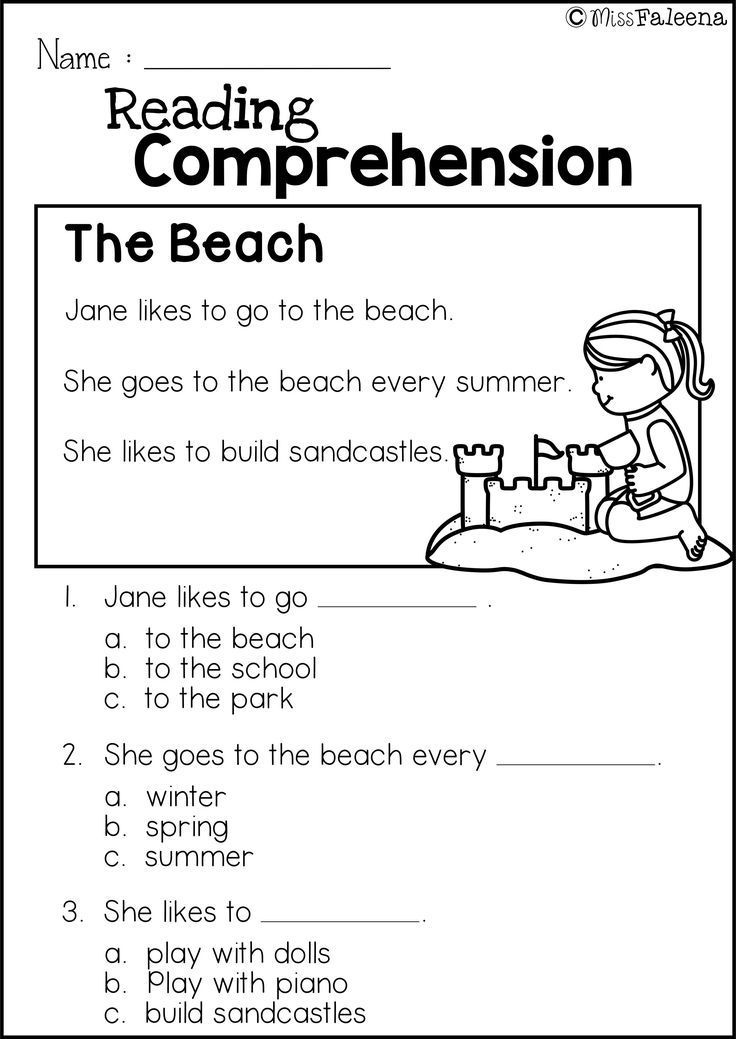 This is an essential grade for your child to establish their reading level and progress. However, sometimes children might struggle as they try to advance their reading skills. If you find that your child is struggling with reading, you can help them by trying these 1st grade reading activities for struggling readers.
This is an essential grade for your child to establish their reading level and progress. However, sometimes children might struggle as they try to advance their reading skills. If you find that your child is struggling with reading, you can help them by trying these 1st grade reading activities for struggling readers.
What reading skills should my 1st grader have?
Your first grader is definitely a full-fledged reader now! They already have many reading skills that they are continuing to improve and also acquiring new reading skills.
By the end of first grade, your child will have learned 150 sight words. They also should be familiar with many one syllable words and high-frequency words.
In first grade, they should be able to understand the basic structure and features of a sentence.
By now, they are also able to talk about what they have been reading and be able to answer content questions. Your child should also be able to understand the differences between fiction and non-fiction books and texts.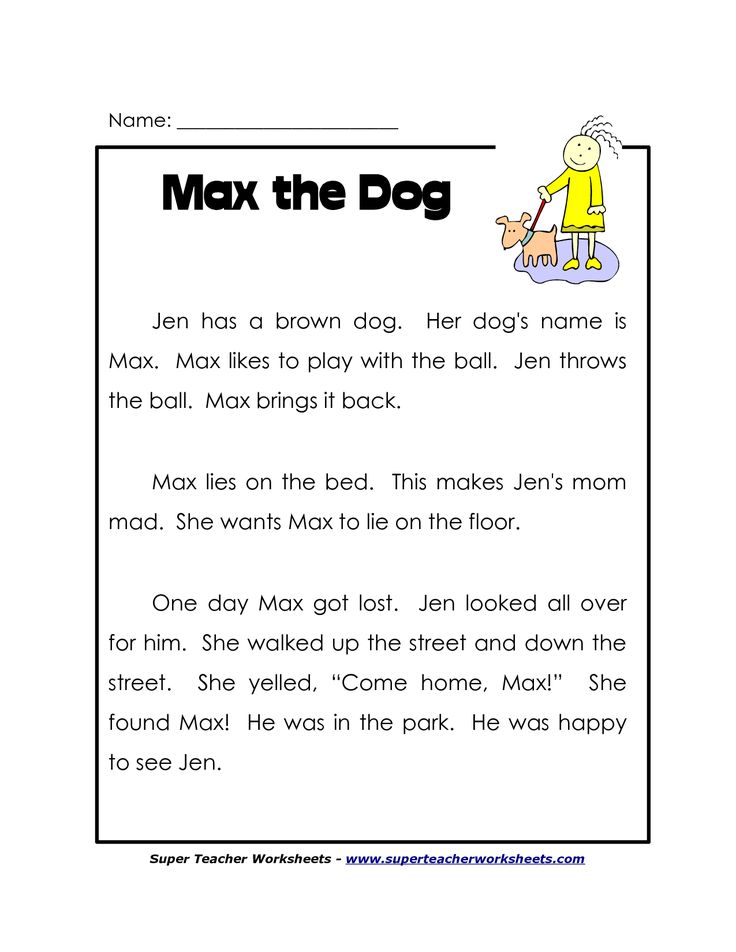
If you find that your child is struggling with any of these reading skills, they might need some more practice or intervention to help them get to their appropriate reading level.
How often should my 1st grader be reading?
When it comes to practicing their reading skills, first graders on average should be reading at least 10 minutes every day.
This might not seem like a lot of time but even just 10 minutes of reading time can help make a massive improvement in their reading skills. Make the 10 minutes a daily habit for your child like brushing their teeth.
Also, while 10 minutes is a good average number for all readers, struggling readers might be overwhelmed with anything more than that.
Some children might be hesitant or resist reading every day at first, but there are ways to make reading fun and an activity they look forward to doing.
How do you make reading fun for struggling readers?
Reading can be difficult for some first graders. It is important to be patient but also encouraging with your struggling reader. Here are some activities to make reading fun for them to get them to read every day:
It is important to be patient but also encouraging with your struggling reader. Here are some activities to make reading fun for them to get them to read every day:
- Read as a family – Reading as a family not only creates strong bonds, but it also helps to give your child a model for good reading habits. When they see you prioritize reading, they are more likely to value it and prioritize it as well.
You can schedule 10 minutes for everyone to read their own books together or you can choose a book as a family to read aloud.
- Read on TV – Using television as a reading tool might seem counterintuitive, but it is a great way to get your child to read without even knowing it!
When your child is watching television turn on the subtitles so that they can watch and read at the same time. This is a strategy commonly used with students learning a second language to practice both reading and listening skills.
- Visit a library – Get your child excited to read by going on a couple “reading field trips” such as going to a library.
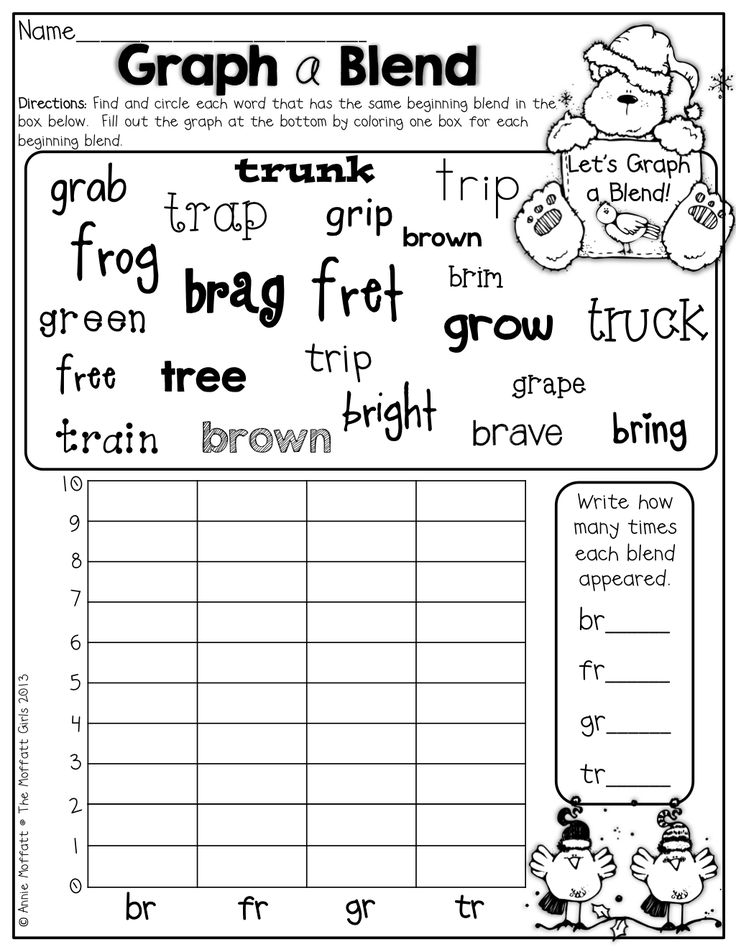 You can tour your local library and have your child pick out a few books to take home.
You can tour your local library and have your child pick out a few books to take home. - Visit a museum – Another great “reading field trip” option is to visit a museum. Museums often have a ton of great reading practice opportunities, and you can also prep your child before the visit by reading an article or story about the museum.
- Talk to an author – What better way to get your child about reading a book than by talking to the person that wrote it?
While you might not be able to talk to J.K. Rowling, many children’s books authors have meet ups at local bookstores or you can ask to talk to them virtually through Zoom.
Websites like Cameo also have some authors offering to record personalized videos, so you can have an author create a video just for your child!
- Create reading goals – Reading goals can help your child see the progress they are making and helps to keep them motivated. You can help them visualize and meet these goals by creating a reading goal chart or tracker and display it somewhere they will always see it.
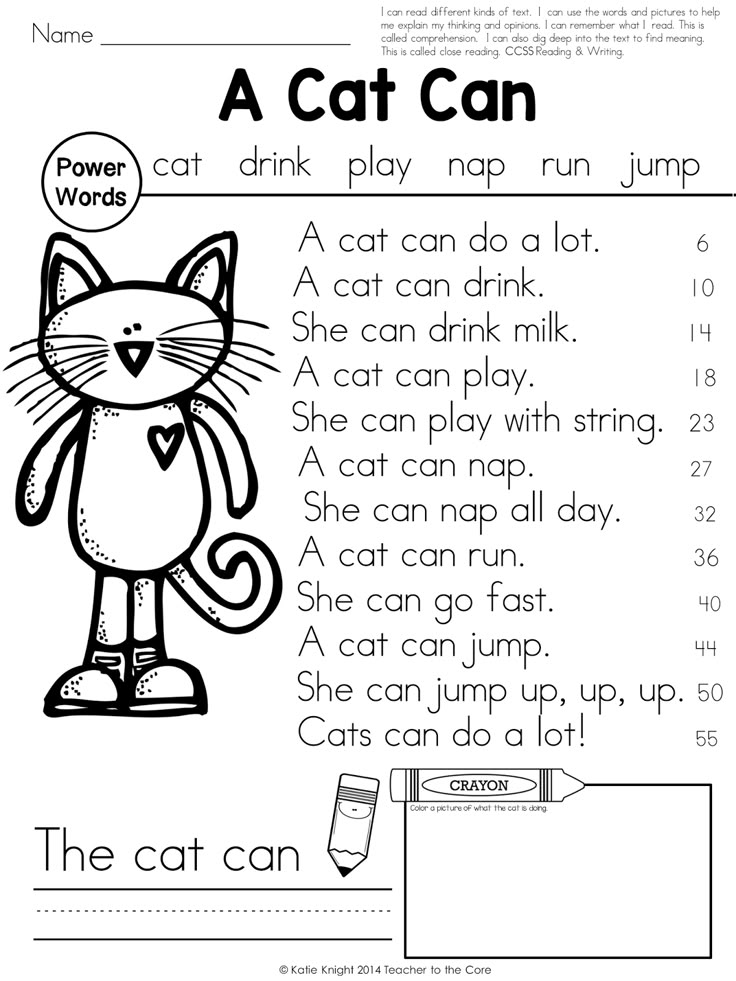
- Use a reading app – Technology is your greatest tool to help with your struggling readers. Try using reading apps such as Readability which acts like a private reading tutor for your child. They can get reading help whenever and wherever they need it!
- Get them to write – Reading and writing are closely related language skills. Often, good readers make good writers, and good writers make good readers.
You can encourage your child to practice their writing and reading skills by making comic books or short stories together then read them as their daily reading material.
First grade is a critical time for young readers to improve their reading skills and build new ones. Using activities and tools such as Readability can make reading fun and interactive for struggling or reluctant readers. Encouraging your child to read every day can help them to become a better reader and actually learn to enjoy reading.
How to instill in a first grader a love of reading? Step-by-step instructions from Gaidarovka
By the beginning of the school year Central Children's Library named after.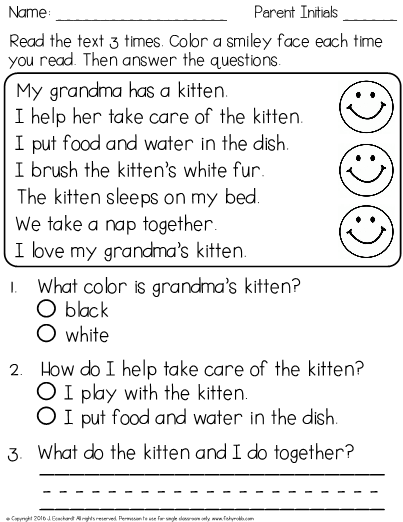 A.P. Gaidar offers a plan for the development of reading skills in a first grader. The step-by-step instruction is designed for 9 academic months, and at the end there is a mini-list of books about studying, reading and schoolchildren. Go!
A.P. Gaidar offers a plan for the development of reading skills in a first grader. The step-by-step instruction is designed for 9 academic months, and at the end there is a mini-list of books about studying, reading and schoolchildren. Go!
With the advent of a first-grader, many things change in the family: from logistics to the psychological atmosphere. Even if the parents responsibly and scrupulously approached the choice of the school, and especially the first teacher, they still have fears: what if the school curriculum, the very principles of teaching, lists of references, which are formed as if without taking into account the interests of the little reader, will discourage him from taking a book into your hands? But the habit of reading, which without love, craving and interest does not arise and does not develop, is a basic skill for successful learning. Without it, the whole structure of knowledge transfer collapses. nine0003
And, in the end, not everything in this life rests on knowledge and benefit, nobody canceled the pleasure from a good book either.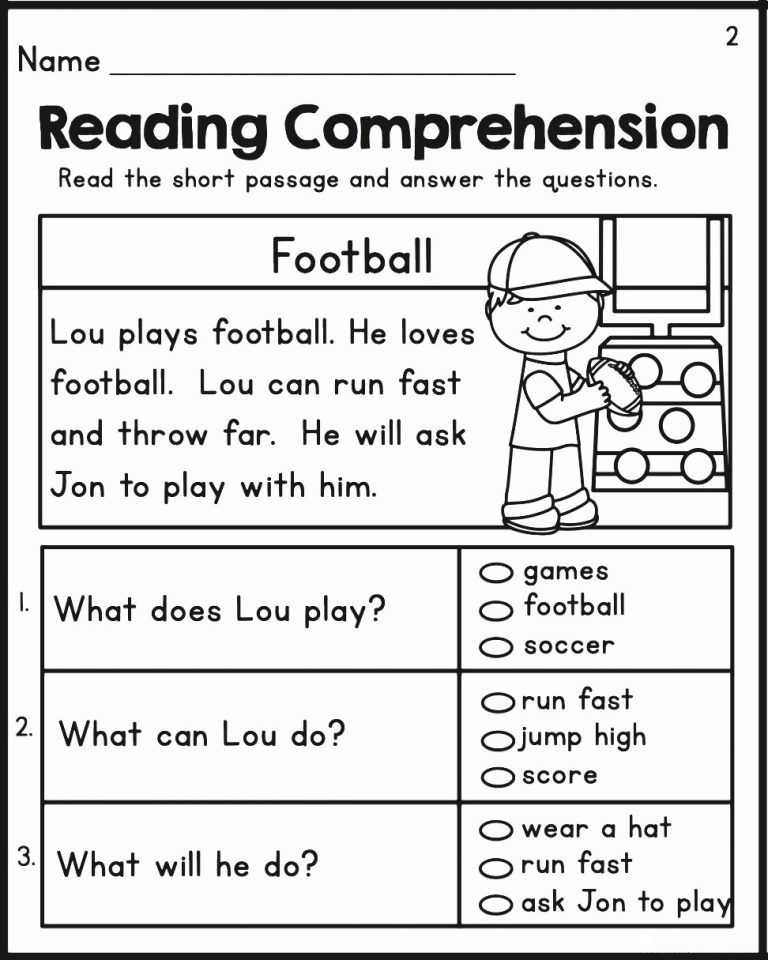
And what should parents do in this situation?
To slip only the modern, nag “read-read-read”, pay for what you read, support by your own example, read yourself everywhere and everywhere, discarding gadgets, or shift all responsibility onto the shoulders of the teacher?
Deputy Director of the Central City Children's Library. A.P. Gaidar Marina Solomonova advises parents to remember: “School is school, but no one knows your child better than you, his pace of learning new things and the pace of life in principle. What is your dreamer, good-natured, or bully? But the school curriculum for all these children will be the same.” nine0003
To help parents, we came up with a plan with life hacks for the entire school year. However, not only parents of first graders can use it: it is also suitable for preschoolers and other younger students. It is important to simply understand which stage your child is currently at and smoothly move him to the next level. The main thing is not to take the plan literally and enjoy reading together.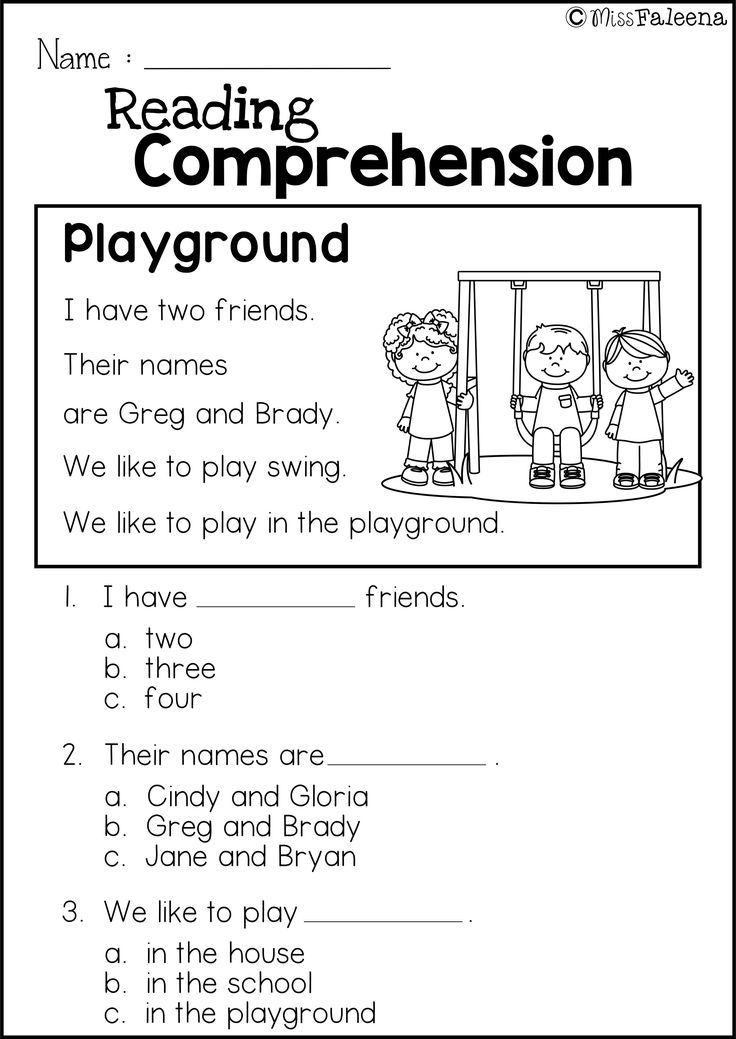
September. Reading aloud as psychotherapy
At this stage, reading is a ritual, a cozy habit, a time for parent and child only. The little man is in the process of adapting to new conditions. Even in the most ideal case (we wish you just that), he experiences the stress of changing his life, and a pleasant ritual helps to reduce anxiety. With the beginning of school, you should not give up the habitual reading aloud at night and transfer the child only to independent reading, even if he can read and does it well himself. nine0003
Oct. Separate reading, reading in turn with a parent
The oldest and kindest way to get a child interested in books. Sheer manipulation for good. You open something very exciting, and at the most interesting place you sigh: "I'm tired of something, let's finish it tomorrow?" For parents-facilitators who do not even accept this type of manipulation, a life hack - try to agree with the child to read in fairness: the page is me, the page is you.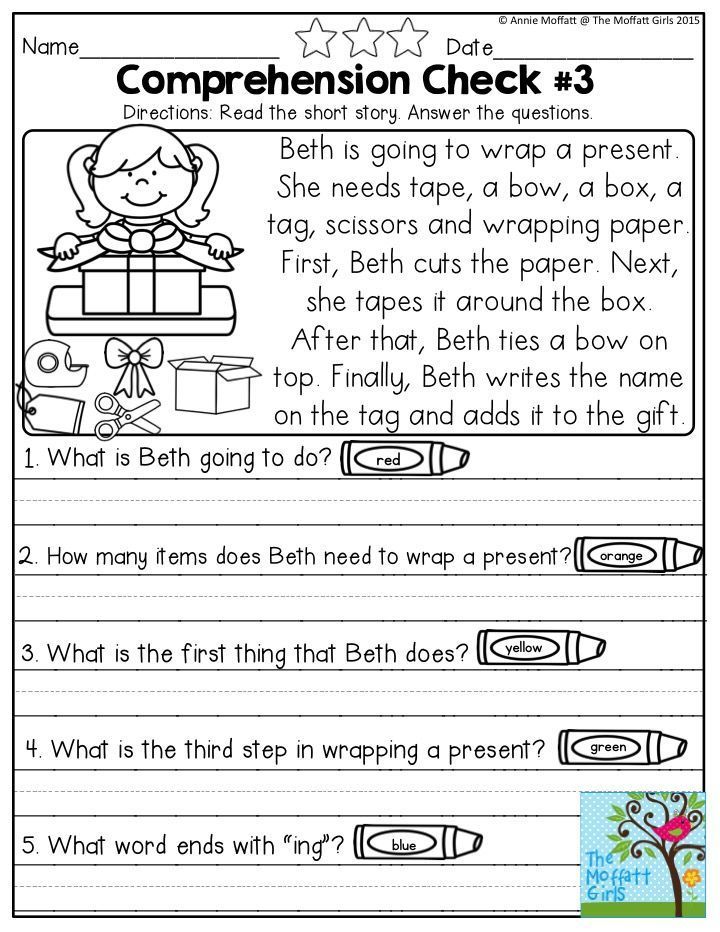 It’s not a fact that it will help, but then the next item will help you. nine0003
It’s not a fact that it will help, but then the next item will help you. nine0003
Nov. Reading-competition for speed
Unfortunately, competition in any school, even super-liberal, cannot be avoided. There will always be children in the class who read faster, more, more voluminously, in the original. Someone competitive moment motivates. But some children refuse to compete or are frustrated by such speed reading. What do we offer for those who do not want to participate in this? Paying for a page read and penalizing for an unread page are barbaric, outdated methods. nine0003
Play and fantasize! If a child needs to master skills that are not close to him in a short time, you can do this through a game form. For example, imagine that he is a gamer passing through the levels of the game. The reward for passing should be intangible, let it be an experience or pleasure: a picnic, rides, an interesting trip. Everything a child wants and loves.
December. Independent reading
It is difficult for children to read on their own.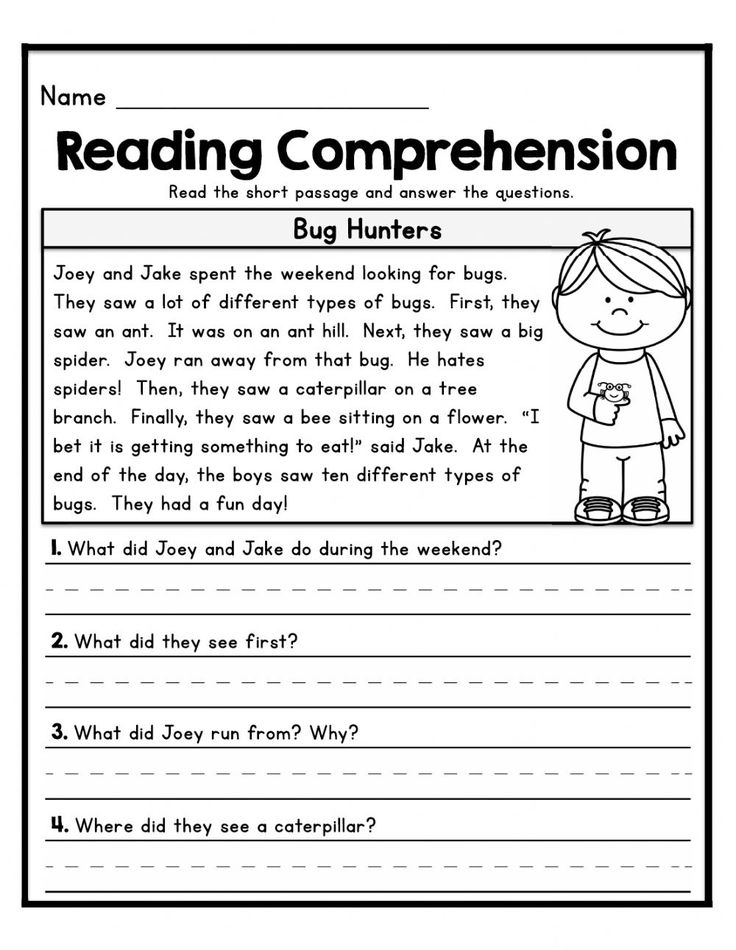 At first, agree that you read together. You are your book, the child is yours. For starters, 15-20 minutes is enough. Read while sitting next to each other. nine0003
At first, agree that you read together. You are your book, the child is yours. For starters, 15-20 minutes is enough. Read while sitting next to each other. nine0003
It is also important to include this in the existing daily routine of the first grader as a new item. If possible, choose to read at the same time of the day or evening. And complement it with an atmosphere: a blanket, a lamp, calmly and well together. The more peaceful reading brings, the better. This ritual is a complete replacement or a great addition to reading aloud at night.
January. Vacation Reading
Get the most out of it. Make an event out of reading on vacation. You can go to a library or a bookstore, walk between the shelves for a long time, choose, flip through, buy a special shopper, funny bookmarks, notepads for quotes, impressions, drawings. And, of course, choose an atmospheric New Year or Christmas story - there will definitely be a lot of such books in libraries and stores at this time. nine0003
nine0003
Feb. Reading what is not interesting to read according to the school curriculum
If the program requires you to read a dull poem or an uninteresting story, turn on the “at least something good” principle. Is there anything good in this? Phrase, word, author's name, joke or dialogue?
This principle, by the way, will be useful not only for reading, but will be useful further - during study in general.
Mar. Reading and writing
From reading to writing, but not in a direct way. Invite your child to describe his past day in one word and write this word in capital letters. Try to come up with new words every day and not repeat yourself. nine0003
You will start with the word "normal", but then everything will be much more interesting.
April. Reader's diary.
Let the child keep a diary as he wants. Write down everything that comes to mind, and don't be afraid of mistakes and absurdities, play and remember funny cases. Spilled juice on a book? Did a strange bird fly in while reading? All this can be written down, even if it is not directly related to what was read.
May. Summer Reading List
This month's motto is total autonomy. nine0003
Invite the child to think over and form a list of books for the summer holidays, estimate how much he will master, what topics interest him most - and go to the library together. At this stage, the Moscow “Summer Reading Program”, which takes place every year in the libraries of the capital, will help you.
Its goal is to introduce children to reading, the main principle is the absence of competition, and the motto is "Reading is pleasure and a variety of opportunities."
List of books about school and study:
- The book as medicine for children, Ella Berthou, Susan Elderkin
- Like a Novel, Daniel Pennack
- Calculation. How to help your child fall in love with reading”, Yulia Kuznetsova
- Franz Tales series, Christine Nöstlinger
- Big Little Girl series, Maria Bershadskaya
- "My happy life" and other books by Ruse Lagercrantz
- Ella in First Class, Timo Parvela
- "Notes of an outstanding loser", Artur Givargizov
- Matilda, Roald Dahl
This autumn, the Central City Children's Library named after A.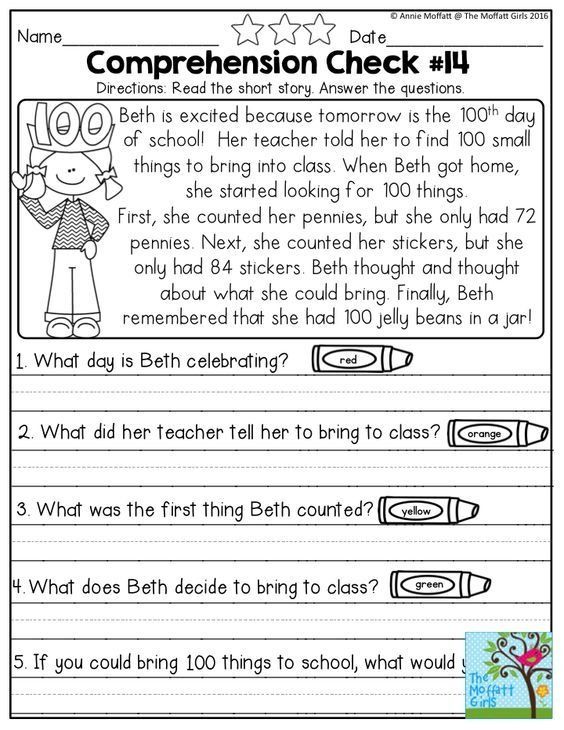 P. Gaidar traditionally holds an action of acquaintance of first-graders with children's libraries "First-class reader". The action has already started in an online format, access to a family lesson with the participation of children's writers and scientists is open on October 31. To participate in the lesson, you need to register on the "Online. Library City. After registration, you will also get access to the free selection of First Grader Books on LitRes and Boomate services. nine0003
P. Gaidar traditionally holds an action of acquaintance of first-graders with children's libraries "First-class reader". The action has already started in an online format, access to a family lesson with the participation of children's writers and scientists is open on October 31. To participate in the lesson, you need to register on the "Online. Library City. After registration, you will also get access to the free selection of First Grader Books on LitRes and Boomate services. nine0003
Illustration: Shutterstock / Archv
Reading for first graders - a selection of books for the 1st grade from the publishing house "Eksmo"
Primer (according to SanPin)
Nadezhda Zhukova
This "Primer" was developed by the candidate of pedagogical sciences Zhukova. This book is an example of a classic textbook that three generations of children have successfully learned from.
More details
Choose the most convenient promotion:
E-book Russian fairy tales (illustrated by I.
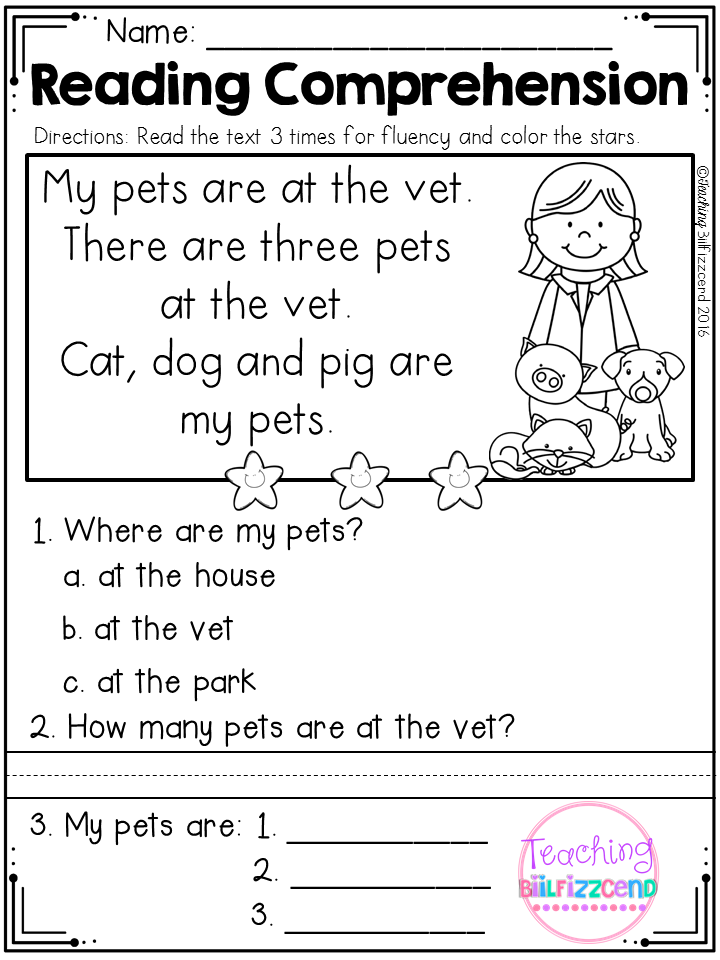 Egunov)
Egunov) A large-format book for lovers of fairy tales — with wonderful drawings by Igor Yegunov, designed in the best traditions of domestic book illustration. Among the heroes of fairy tales are the Frog Princess, Koschey the Immortal, Morozko, the Tsar Maiden and many others.
More details
636 ₽
775 ₽
-18%
Choose the most convenient promotion:
Other editions
Elephant went to school
David Samoilov
David Samoilov's funny and entertaining fairy tale in verse, which you can read by roles and create your own children's play! This book is sure to lift your child's spirits.
Read more
Other editions
Poems for children
Agniya Barto
Texts in verse form allow the child to develop speech and memory at the same time. This book contains poems: “We are with Tamara”, “Amateur fisherman”, “Lyubochka” and 115 more best poems by Agnia Barto.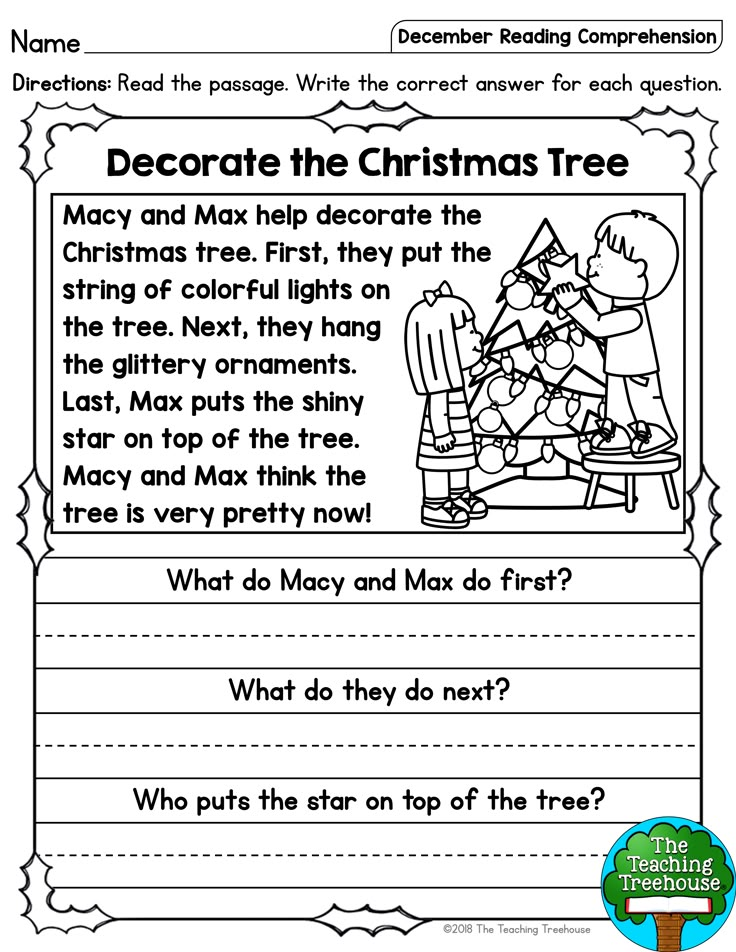 nineRead more Part 1. 2nd ed., corrected. and reworked.
nineRead more Part 1. 2nd ed., corrected. and reworked.
Pyatak S.V.
This book is for children who already know letters. The proposed exercises contribute to the development of attention, memory, thinking, coherent speech and enrich the child's vocabulary.
More
225 ₽
289 ₽
-22%
Choose the most convenient promotion:
E-book I read easily and correctly: for children 6-7 years old
Pyankova E.A.,
This book will give your child the reading skills they need to succeed in elementary school. With the help of a special testing methodology, you will be able to correctly assess the reading skills of a child, choose the optimal development program for him and, in the process of learning, adjust it depending on what your child is interested in. nine0003
Read more
570 ₽
695 ₽
-18%
Select the most convenient action:
Other editions
Russian folk tales (Il.
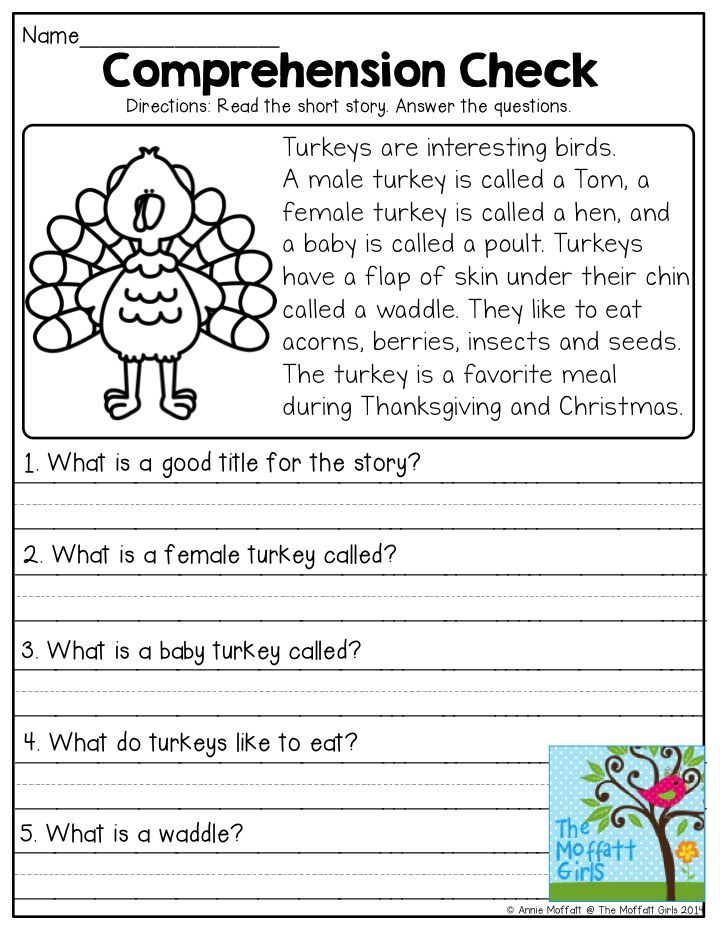 M. Litvinova)
M. Litvinova) included Tales: "Tales:" "" "" "" " The Sea Tsar and Vasilisa the Wise", "The Frog Princess", "The Nesmeyana Princess" and others. Convenient small format and colorful design make this book easy to read.
Read more
0002 241 ₽
-24%
Select the most convenient action:
Other editions
Mishkin Porridge (ill. V. Kanivtsa)
Nikolai Nosov
The collection included eight stories of the famous master of children's literature Nikolai Nosov about the adventures of two friends Kolya and Misha and about the unlucky Fedya Rybkin. Funny stories are accompanied by vivid illustrations by Vladimir Kanivets.
Read more
425 ₽
525 ₽
-19%
Choose the most convenient promotion:
Other editions
I'm right. From the first lessons of oral speech to the "Primer"
Nadezhda Zhukova
All methodological literature according to the author's program of Nadezhda Zhukova is based on a combination of traditional and original speech therapy methods and is combined into a system.